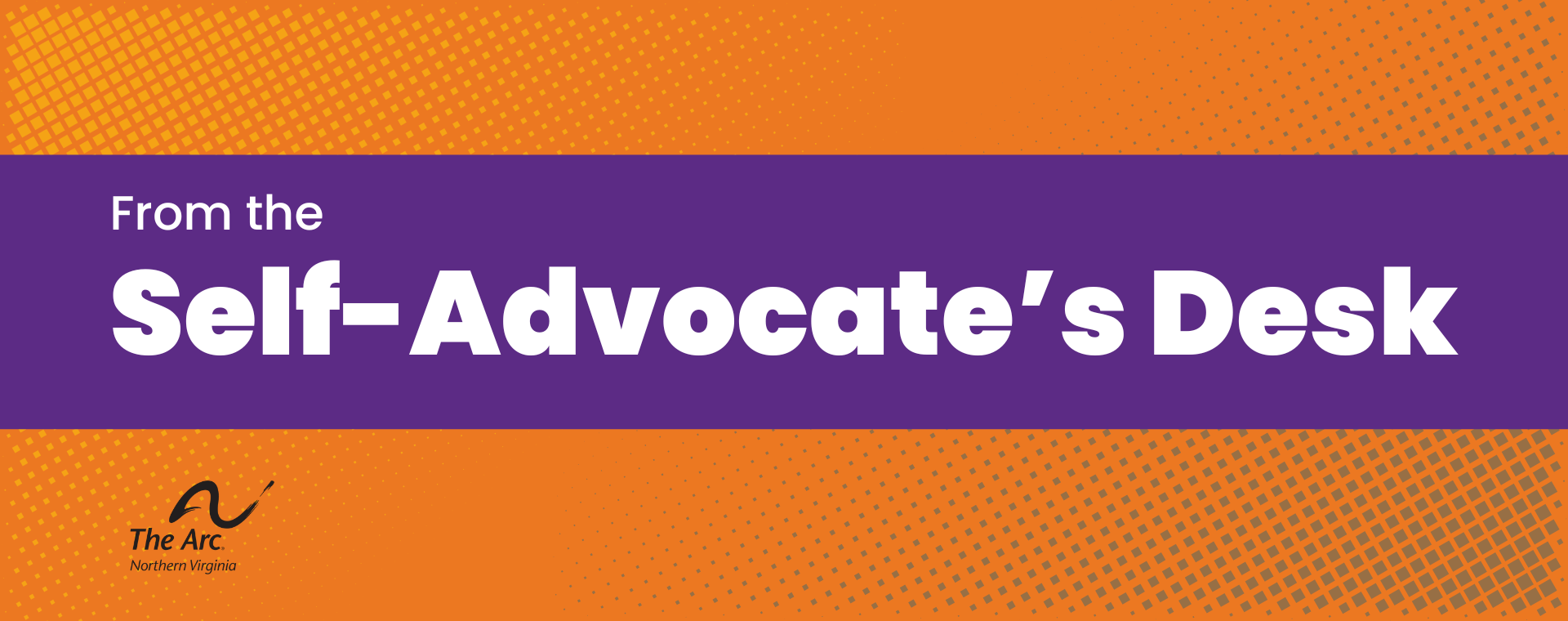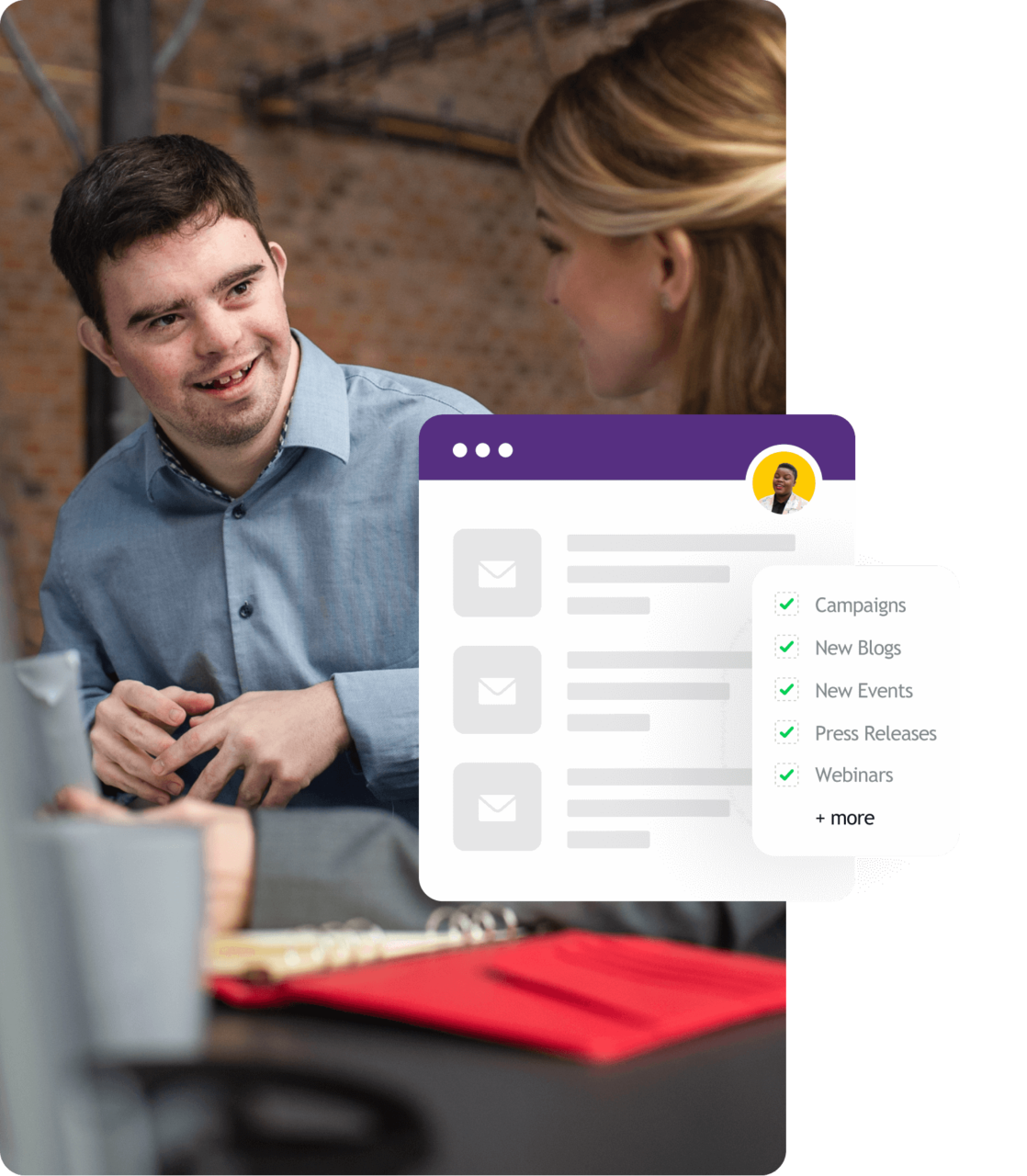Whether you are a self-advocate, an ally, a parent, a caregiver, a service provider, or a policymaker, your presence demonstrates a shared commitment to advancing disability rights and equity. This event is more than a forum for exchanging information—it is an opportunity to connect, reflect, and collectively strengthen our efforts toward inclusion and systemic improvement.
When I first encountered The Arc and its resources, the experience felt pivotal. It introduced me to a broader network of civic engagement and clarified how personal agency can lead to community-level impact.
From a young age, I observed how systems—educational, medical, and social—can either empower or marginalize. My sister and I both live with disabilities, and our shared experience revealed the inconsistencies and obstacles that individuals and families frequently face. We were taught to remain aware, to ask questions, and to move forward with integrity and discernment.
At that stage in my life, I did not see myself as an advocate. I moved through circumstances quietly, focusing on adaptation and survival. I did not yet understand the significance of personal narrative, nor did I believe I had a story worth telling.
That perspective changed with time and maturity.
Part II: Finding My Voice
As I gained experience navigating complex systems, I began to recognize patterns—recurring gaps, misunderstandings, and preventable setbacks. I realized that these challenges were not isolated to me. Others were encountering the same barriers, often without adequate tools or support.
This recognition shifted my perspective. Advocacy became more than a personal necessity—it became a civic responsibility. I began engaging in formal advocacy roles, mentoring peers, contributing to policy discussions, and participating in leadership spaces that sought to elevate the voices of those with lived experience.
I learned that clarity of voice is a form of empowerment. It allows individuals not only to speak on their own behalf, but also to make space for others to do the same.
Part III: Systemic Realities and the Need for Reform
Despite the progress we have seen in disability rights, considerable inequities persist. Individuals continue to encounter delayed access to services, insufficient accommodations, and a lack of transparency within institutions.
Families are frequently required to navigate fragmented systems with limited guidance. Advocates are often placed in the role of interpreter and navigator, bridging gaps that should not exist in the first place.
This is why it’s so important for us—and for our community—to share our stories. They create space for knowledge-sharing, foster coalition-building, and strengthen our collective skills. Most importantly, they remind us that systemic change doesn’t happen by chance; it is nurtured through intentional, sustained effort.
Part IV: Reflections on Agency and Resilience
One of the most instructive lessons I’ve learned is this: advocacy is not about having all the answers. It is about asking the right questions and remaining committed to the process of improvement.
There were years when I internalized doubt—when I assumed that others’ low expectations reflected my true capacity. I now understand that this was an erosion of self-determination. Reclaiming that agency required both personal work and structural support.
To those who are still developing their voice or who feel uncertain in spaces of authority: your insight is valid. Your experience is essential. And your presence is enough. Progress is not linear. Each step, even the smallest one, contributes to a larger movement.
Conclusion: A Collective Path Forward
Advocacy has become a cornerstone of how I engage with the world. It informs my choices, strengthens my relationships, and connects me to a broader purpose rooted in equity and justice.
I encourage each of you to consider how your role, whether formal or informal, can contribute to a more inclusive future. Share what you know. Learn from others. Question existing systems when they fail to serve those they are intended to protect.
Most importantly, recognize that storytelling is not simply reflective—it is transformative. When we tell our stories, we shift narratives, recalibrate expectations, and lay the foundation for change.
Thank you for your time, your attention, and your commitment to this work.
In Solidarity,
Ian Allan
Self-Advocate for the Arc of Northern Virginia
Ian Allan is a self-advocate with a deep commitment to policy literacy, systems change, and disability justice. Through The Arc of Northern Virginia, he works to ensure that people with intellectual and developmental disabilities are not just served by systems—but shaping them.

